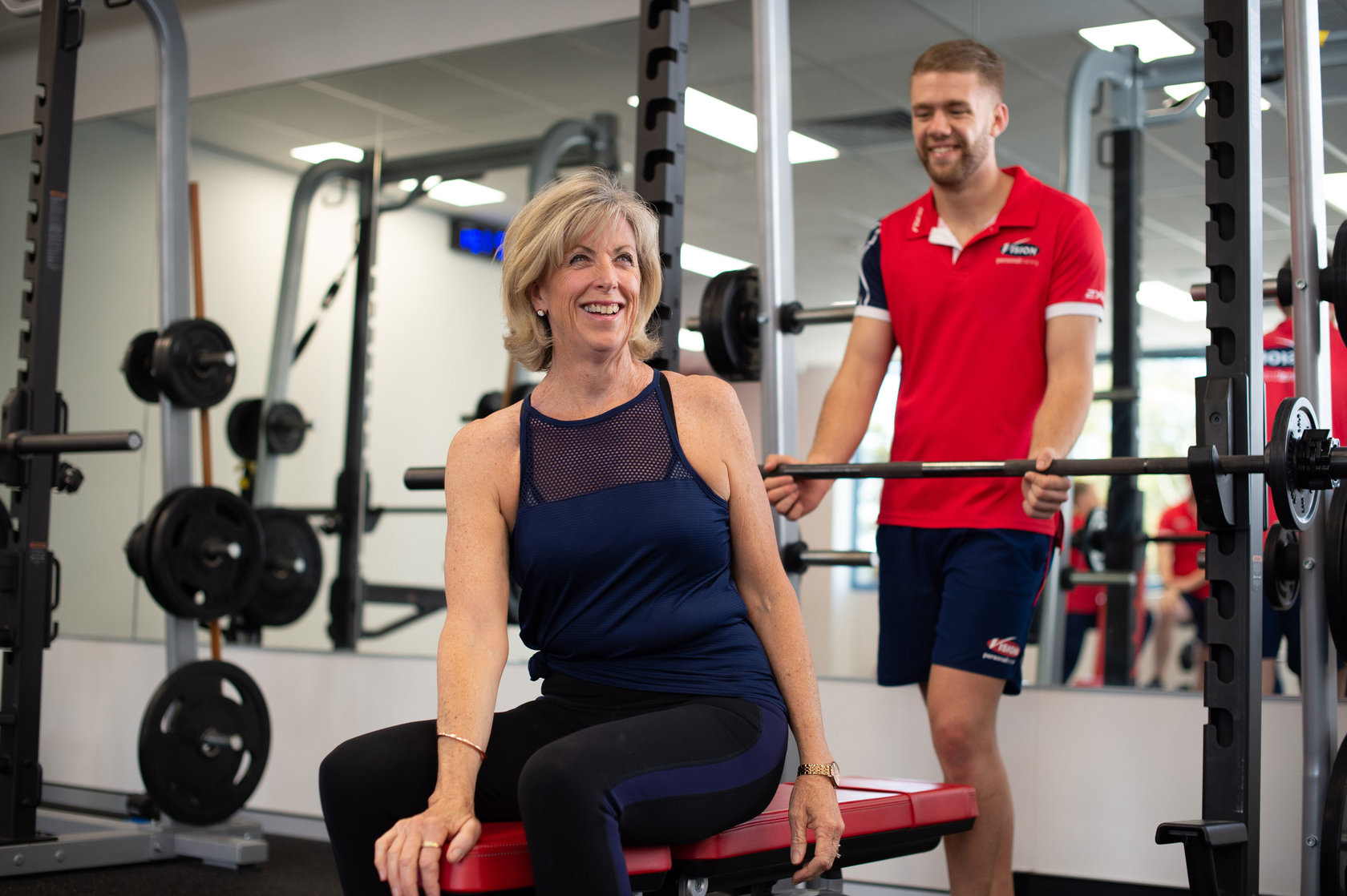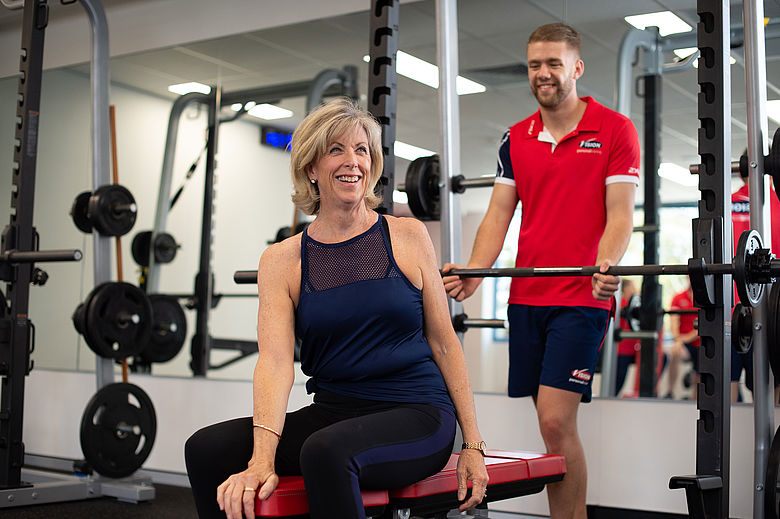For the majority of individuals, the idea that nutrition plays a vital role in injury recovery is overlooked. By first understanding the recovery process, nutritional strategies can easily be identified:
Step 1 - Inflammation - The earliest response after injury occurs. During this phase, pain, swelling, redness and heat are common.
Step 2 - Proliferation - Damaged tissues are removed and a new blood supply and temporary tissue is built.
Step 3 - Remodelling - Stronger, more permanent tissue replaces the temporary tissue.
Nutrition for the Inflammation stage involves a greater consumption of monounsaturated fats and omega-3 rich foods, as these are known to have anti-inflammatory qualities. A decreased consumption of food containing trans fats, saturated fats and omega-6 helps to dial down excessive inflammation. Anti-inflammatory foods to eat include:
- Olive oil - Flax oil or ground flax
- Oily fish - Avocados
- Mixed nuts and seeds - Fish oil
Pro-inflammatory foods to avoid:
- Processed foods high in trans and saturated fats
- Vegetable oils like corn, sunflower, safflower, soybean, cottonseed
Include inflammation managing herbs and spices such as:
- Curcumin from turmeric/curry powder
- Garlic
- Bromelain from pineapple
- Cocoa, tea and berries
Remember, appropriate inflammatory control not suppression is the target.
Nutrition for Proliferation and Remodelling must take into account an increase in metabolism from 15-50%. This means fewer calories are needed than when training hard, but more than when sedentary. Eating too few calories during the recovery period can prevent a full recovery.
Ensure adequate protein from minimally processed meats, legumes, eggs, plant-based proteins and protein supplements is consumed. About 1/3 of dietary fat intake should come from each type of fat (i.e. 1/3 saturated, 1/3 monounsaturated, 1/3 polyunsaturated). Include a diverse mix of fruits and vegetables, and enough minimally processed carbs to support brain function and recovery.
Key vitamins and minerals to aid with proliferation and remodelling include:
- Vitamin A (sweet potato, carrots, dark leafy greens, squash, cantaloupe melon) and Vitamin C (bell pepper, guava, kiwifruit, broccoli, berries, citrus fruits)
- Copper (oysters, raw kale, mushrooms, mixed seeds, mixed nuts, avocado, fermented soy foods)
- Zinc (beef, lamb, wheat germ, spinach, mixed seeds, mixed nuts, cocoa, chicken)
Other nutrients that have shown to have beneficial effects on injury recovery are:
- Arginine (meat and poultry, seafood, pumpkin seeds, soybeans, peanuts, spirulina, chickpeas, lentils)
- Ornithine (dairy products, meats - ground beef, salmon, cheddar cheese - peanuts, eggs, brown rice, chickpeas)
- Glutamine (beet, spinach, parsley, beans and legumes, mixed nuts, cabbage, dairy products and eggs, meat and poultry, seafood)
- HMB (alfalfa, fish, grapefruit, supplementation)
So in the unfortunate event that you get injured, play closer attention to what you are eating as well as managing the recovery process through physical treatment.
*Disclaimer: Individual results vary based on agreed goals. Click here for details.

